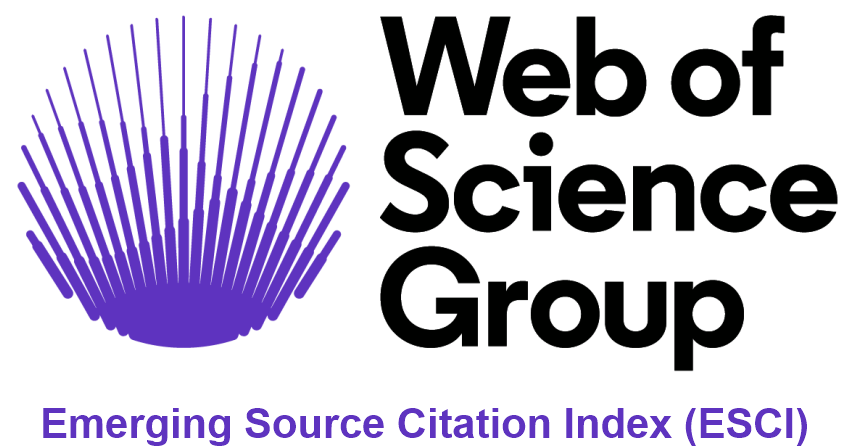Libertarian aspects in local knowledge: an example from the water management of mam peasants in Guatemala
Abstract
The present article investigates whether Guatemalan local peasant knowledge and the corresponding social organisation incorporate aspects of a non-hierarchical, anti-authoritarian behaviour and attitudes of solidarity and mutual aid in the use and distribution of natural resources. An answer to this question is attempted by using the example of the water supply system and the related social organisation of the Mam Maya village Vista Hermosa in the municipality San Antonio Sacatepéquez of western Guatemala. The local water supply system is composed of 12 different groups that run their own water supply infrastructure project for domestic use and small-scale irrigation. Decisions in these projects are made collectively in an assembly, which allows all its members to have access and the right to speak. Different positions are occupied according to a rotation principle and water and infrastructure are collective property of its members. All these circumstances can be understood as libertarian1 aspects found in the projects. On the other hand, these libertarian aspects are contradicted by the exclusion of non-members of the project from water use, a sometimes competitive behaviour between the different projects, or the - only partly discussed - patriarchal structures in the projects. Because of the identified libertarian aspects, the village water supply infrastructure can be seen as a starting point for learning about the possibilities and problems in a collective and self-organised structure, from which some elements could possibly be adopted for social organizing in other contexts.
Downloads
Published
How to Cite
Issue
Section
License
Authors who publish in this journal accept the following conditions:
- The authors retain the copyright and transfer to the magazine the right of the first publication, with the work registered with the Creative Commons attribution license, which allows third parties to use what is published as long as they mention the authorship of the work and the first publication in this magazine.
- Authors may make other independent and additional contractual arrangements for non-exclusive distribution of the version of the article published in this journal (e.g., including it in an institutional repository or publishing it in a book) as long as they clearly indicate that the work It was first published in this magazine.
- Authors are permitted and encouraged to publish their work on the Internet (for example on institutional or personal pages) before and during the review and publication process, as it can lead to productive exchanges and greater and faster dissemination of the work. published (see The Effect of Open Access).













